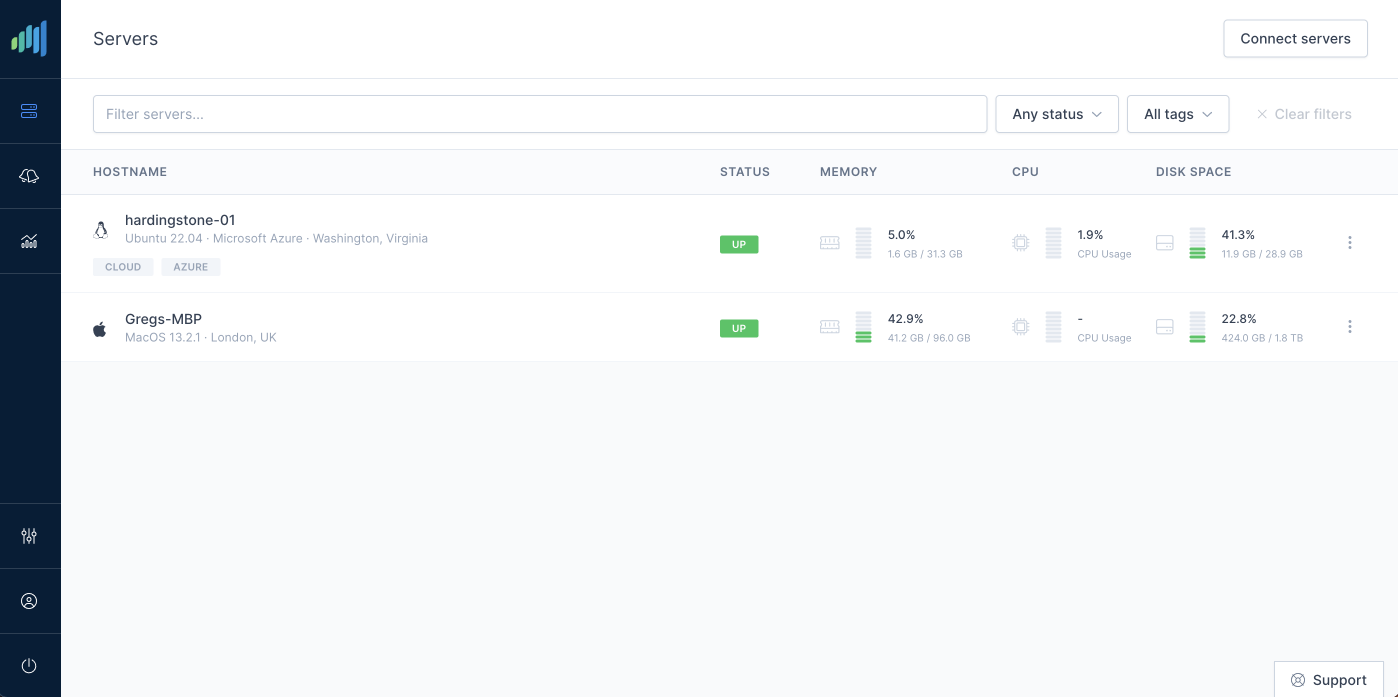Issue #006: Pomodoro Technique
I’m a self-diagnosed productivity addict. This means that, other than not being able to truly enjoy holidays, I’m constantly searching for new techniques that could improve the productivity and efficiency in everything I’m doing. One of the most well-known time management methods is the Pomodoro Technique. It was invented in late 1980s and boils down to two simple steps. First, set a timer to 25 minutes and start working on a task. You’re not allowed to stop or switch context until the time runs out. When it does, set the timer to 5 minutes, that’s going to be your break. Rinse, repeat. Every four Pomodoros (i.e. 25min + 5min blocks) you’re allowed to take a longer break.
I discovered and started using Pomodoro technique probably more than 10 years ago but something always felt off about it and every time I’d abandon it after just a few days. I tried both low tech and high-tech accessories (just search for Pomodoro apps on your phone’s app store!) with no success.
Only very recently I realised that I’ve been doing this completely wrong. While the original process involved 25 minute work blocks, the nature of my work means I need at least that much time to get into a flow and concentrate, and I was getting interrupted by the Pomodoro timer before I even managed to get any significant work done. Often breaks also mean a lot of context switching and a build up of attention residue. (Cal Newport talks a lot about that phenomenon) So I tried something different instead. I increased the work block duration to 60 or 90 minutes (the latter comes from scientific research about the natural concentration cycles) while keeping breaks to 5-10 minutes. This means I can now immerse myself in a problem I’m trying to solve (whether it’s architecting complex software systems or studying to the private pilot theoretical exams) and I no longer get completely distracted during my breaks.
This has been a game changer for me and I can only regret I haven’t thought about it earlier. All the Pomodoro materials at the time prescribed 25/5 min cycles and even the official website doesn’t suggest experimentation with the duration. One thing worth mentioning though, I’ve been practicing mindfulness meditation, which has increased my ability to concentrate and do deep work for longer periods of time. It doesn’t make sense to start with a 90-minute work blocks if you’re going to start browsing Twitter after half an hour. You can start smaller, just experiment and see what works for you.
Weekly favourites
- VICE has published a fascinating article about the history of Sierra On-Line, a game development studio famous in the 80s and 90s that seemed to suddenly disappear. It turns out (I didn’t know that story) that it was acquired by a Bernie Madoff-style crook who was cooking the books of his public company, which in turn lead the Sierra’s collapse. It’s a very, very long read (46 mins according to Pocket) but a time worth spending if you’re into stories like that.
- The Rise of Theodore Roosevelt is one of the great biographies of all time and while it was originally published in the 1970s, it’s as fresh today as the Elon Musk’s biography. (another excellent read!) It chronicles the rise in power of Theodore Roosevelt in amazing detail, while giving you a sense of what kind of man he was. Not just for history buffs, surprisingly a powerful and inspirational content as well.
- Challenger. The Final Flight. is a must-watch limited series on Netflix right now. I only read about the disaster and its causes, and the show presents months and weeks leading to the launch on a very personal level. Over the course of four parts, you get to know the crew (from families’ and friends’ perspectives) while watching some rare, restored footage. An easy binge-watch over an evening or two.
Quote
Just because we cannot stop all the large leaks, that is no reason why we should open up all the little ones.
- Edmund Morris in The Rise of Theodore Roosevelt
